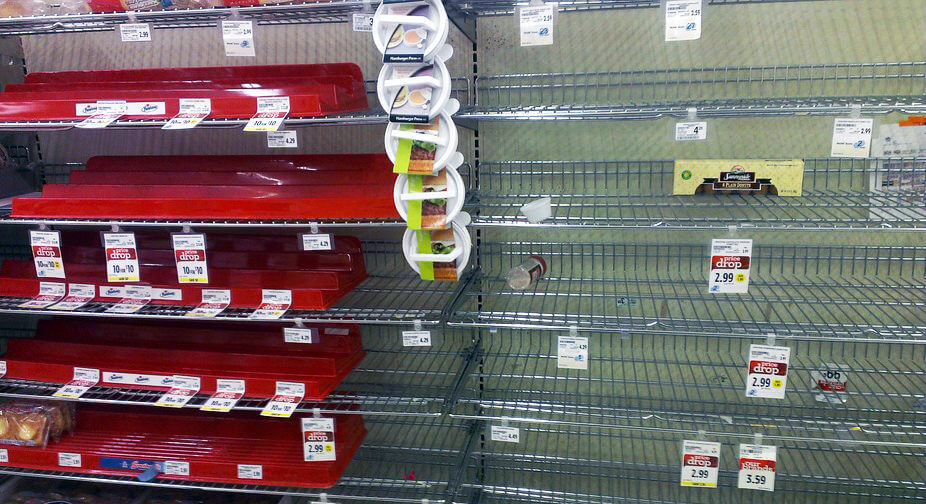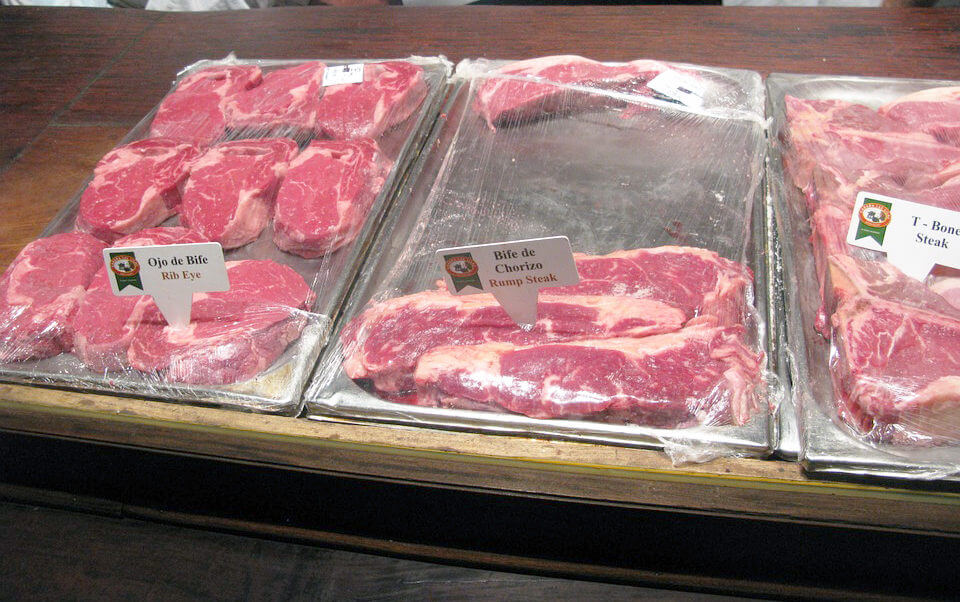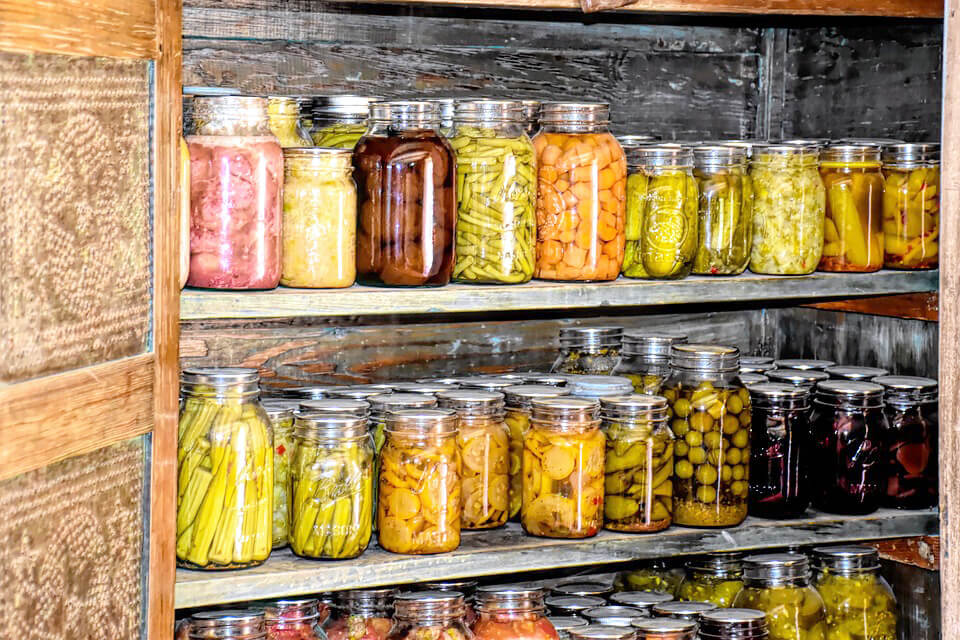Is This Worth Starving?
October 29th, 2019
4 minute read
We all probably own too much stuff. Just try emptying out a closet or, God forbid, moving. You’ll discover really fast how much “stuff” you really have. But is that stuff really important? If not, what is? It all comes down to prioritizing. And if you’ve decided to start storing extra food and supplies — you know, things that actually matter — the next logical question is often, “Where do we put all of this?”
If you already have a home and garage full of possessions, the issue of storage can seem a bit overwhelming. If you’re in a small apartment with little more than a closet or two for extra space, it can be even more difficult to find ways to store your preps. After all, what’s the point of storing all kinds of extra food and supplies if it leaves you no room to live your life in the meantime?
The good news is that there are plenty of ways to get creative with your storage while still leaving yourself room to live. The bad news, however, is that it might require a bit of a mindset change.

Understand Your Space
When you think of storing food “just in case,” what kinds of things come to mind? Many people think of five-gallon buckets of things like beans, corn, and hard wheat. Maybe your idea of food storage is ready-made meals, such as Mountain House or WISE. It might even mean rows and rows of Mason jars filled with homemade goods, canned for the long term.
Part of getting creative means being open to different ideas about what you’re storing. If you have the room for a chest freezer, for instance, but not a lot of closet space, you might do better to start stocking up on meat — as long as you have a plan for how to keep it cold if the power goes out for an extended period of time.
Think about the space you do have, and what might work in that space. Just because you don’t normally prep those items doesn’t mean you can’t — or shouldn’t. And keep in mind that food storage needs an environment that’s cool and dry.

Eat What You Prep
You’ll see this concept over and over when discussing food prepping. Go back to your answer on what long-term food storage consists of for you and ask yourself what it would be like to eat it. I know several preppers with a running joke that if they ever have to tap into their food preps, it’s a sure sign that things are really bad because they’d “almost rather be dead than have to eat that stuff.” If that attitude sums up your feelings about dipping into your food storage, you’ll want to rethink your strategy a bit.
Your preps should be a natural extension of your current diet. Let’s face it: chances are probably fairly low that you currently have a five-gallon bucket of hard red wheat in your pantry that you’re actively eating out of. So why have an assortment of those same buckets in your storage area?
Prepping what you eat simply means having more of the stuff you’re already cooking, just in a different format. If you like soups and stews, for instance, have some #10 cans of freeze-dried ingredients on hand. Make big batches of it and pressure can the leftovers in quart-size Mason jars; depending on how big your family is, each jar can be a meal. Make a big pan of lasagna and freeze it into portions.
When you’re eating and rotating out your preps, two things happen. First, you can use your existing space for some of your preps because you’re not having to maintain two separate areas — one for your everyday groceries and one for your long-term food storage. It’s all the same stuff. Secondly, you’re storing things that you’ll actually be used to eating. Even something as small as a familiar, well-loved meal can be a morale boost in a tough situation — far more than breaking out the hard wheat you’ve never eaten before.

Maximize Space
The plain truth is that most of us have a lot more “stuff” than we need. Maximizing your space might mean biting the bullet and getting rid of your collection of concert tees from the 80s or downsizing a bit. Making room for that food storage, however, is critical. Prepping isn’t just for some societal disaster. A layoff, illness, or other financial event can be catastrophic for your family, and not having to grocery shop for a while can make a huge difference.
Food prep doesn’t have to mean random stashes of things you don’t want to eat, and it doesn’t have to take over your space. Start small, prep what you eat, and use the space you have. Over time, you’ll find that the security having extra food provides outweighs your love for some of that old stuff you’re hanging on to. After all, you can’t eat a T-shirt.
Join the Discussion
Continue Reading
Did you enjoy this article?

 43
43






